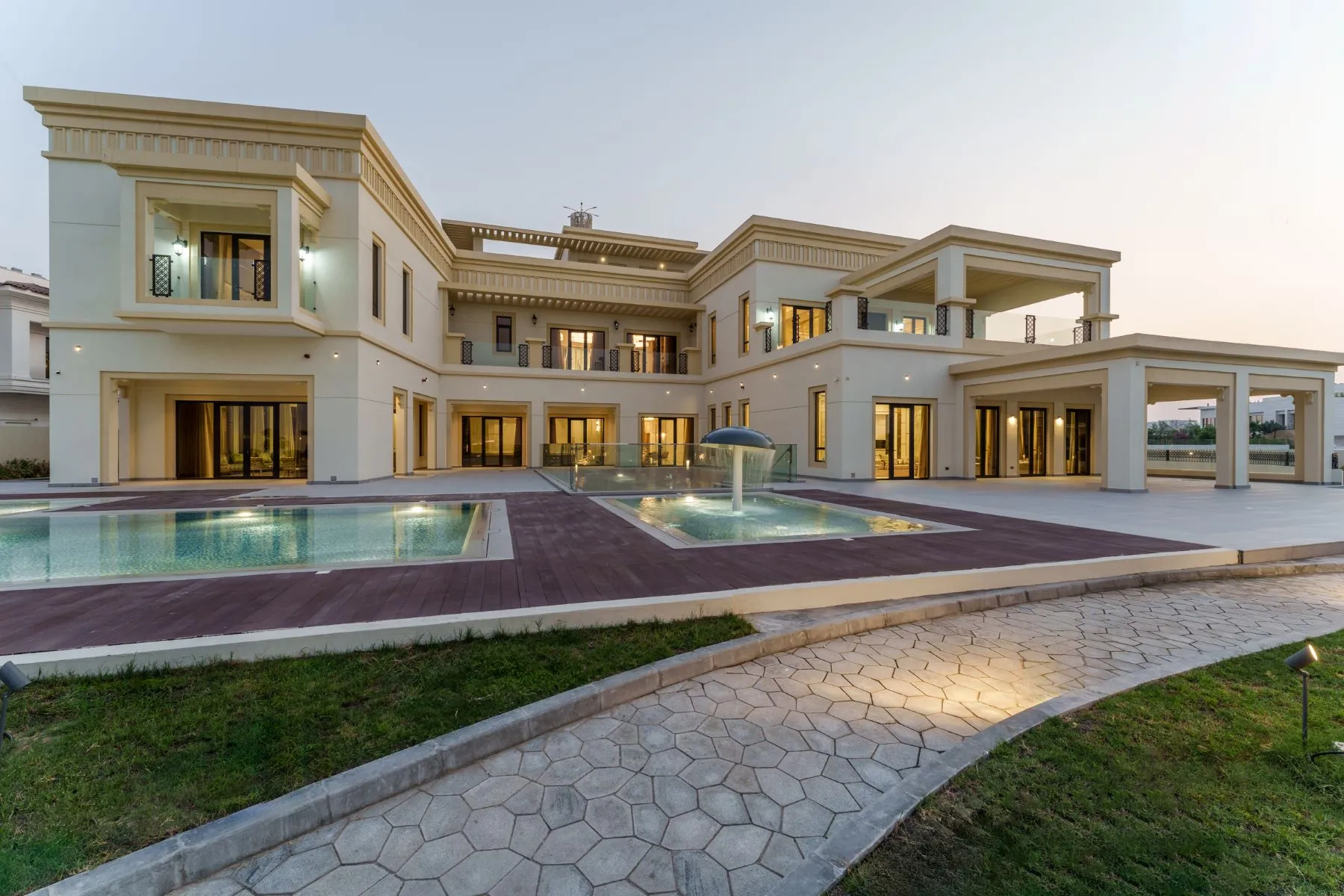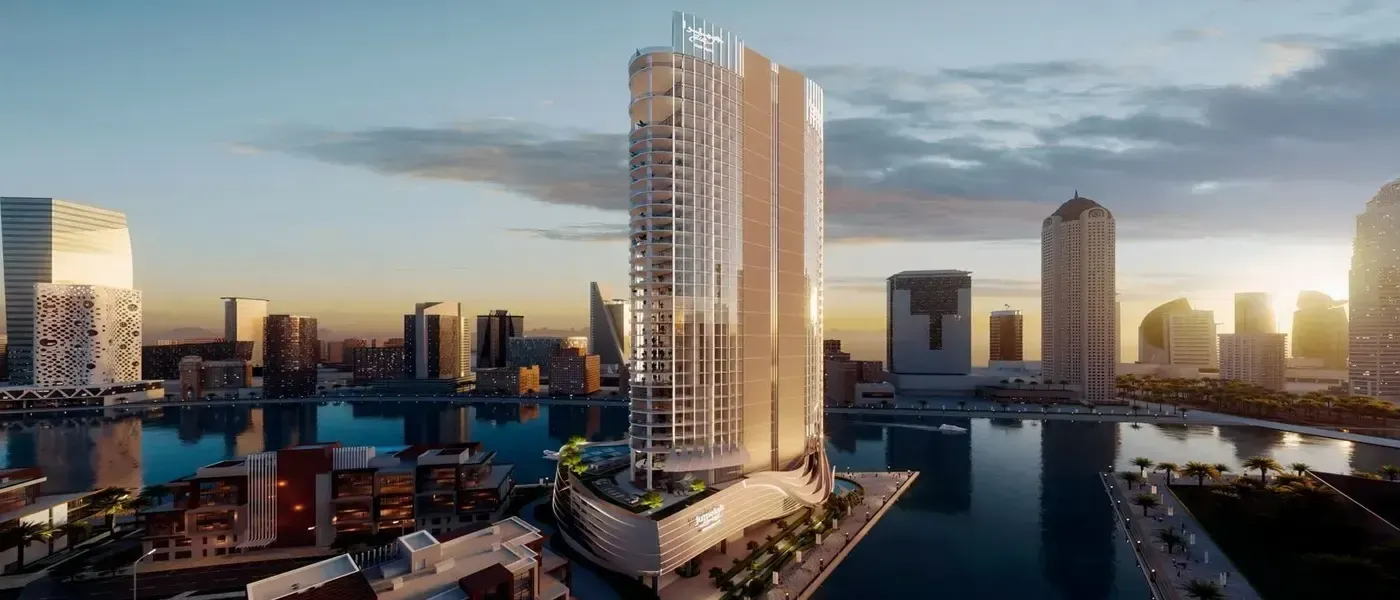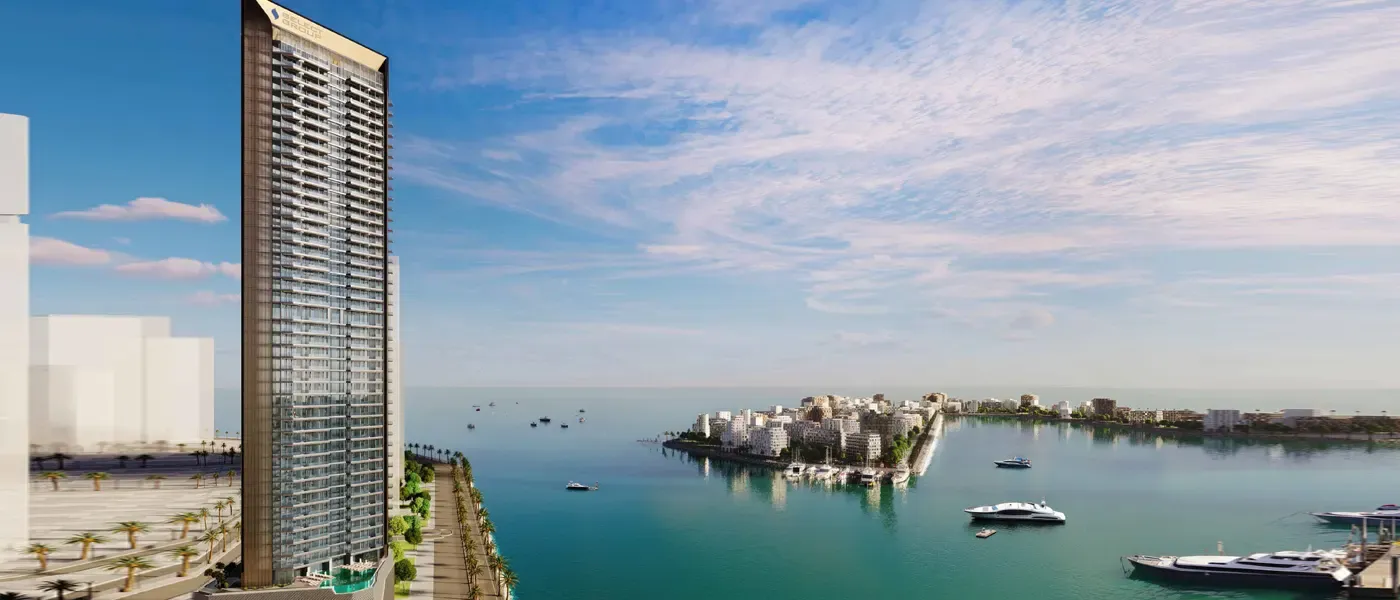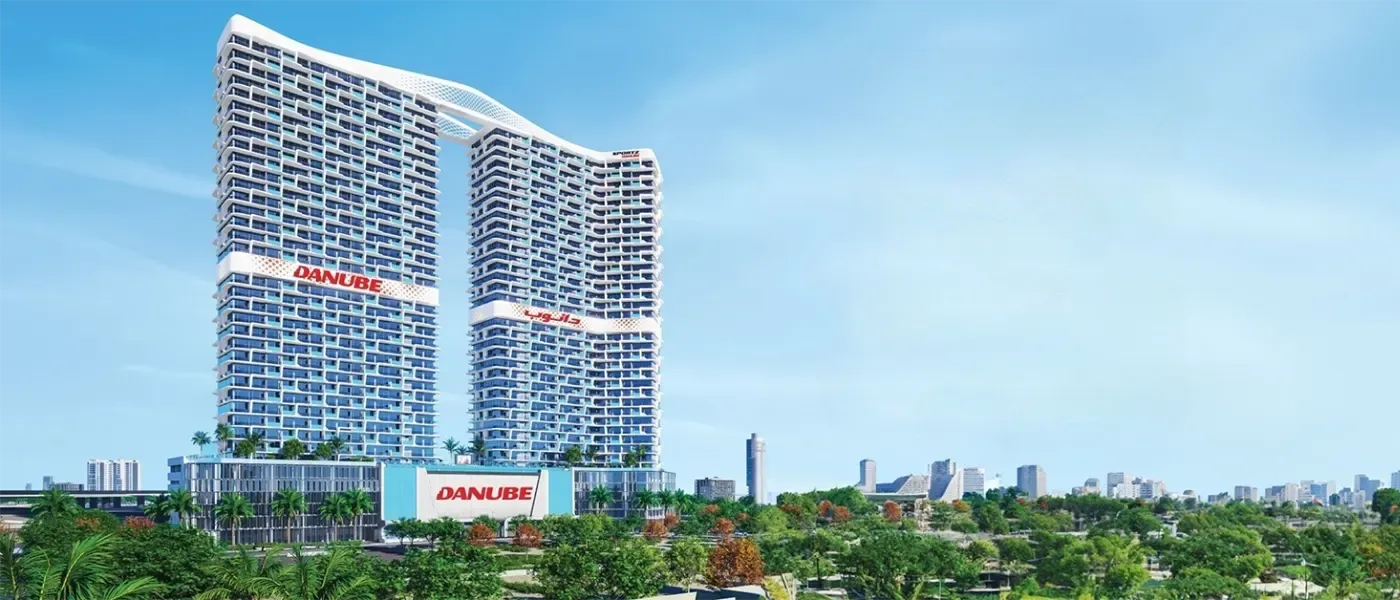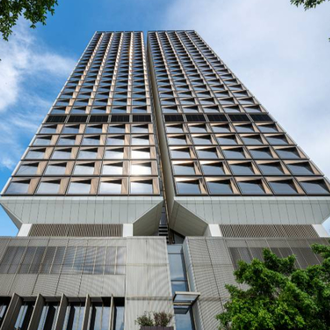
Freehold vs Leasehold Properties in Dubai: Understanding the Differences
Dubai stands tall as a beacon of opulence and architectural marvels and has been drawing the attention and interest of investors and those seeking residency from around the globe. Amidst its architecturally extravagant skyline and bursting opportunities, the understanding of the real estate market of Dubai is incomplete without understanding the subtleties between freehold and leasehold properties. And so, we delve into this very aspect, for those venturing into its vibrant real estate landscape
Introduction to Property Ownership in Dubai
Dubai is one of the most open real estate markets in the world. Dubai’s robust real estate market gives wide freedom and a diverse range of property ownership options to investors and buyers. Hence, if you are considering investing in the realm, it is pertinent to understand the nuances and the differences between freehold and leasehold properties offered here. The property landscape in Dubai exudes an interesting mix of cultural influences, international demands and modern developments, making it a global hotspot for prospective real estate investors.
It is important to note that the land laws are regularly evolving in the emirate, and hence it is advisable to seek the help and advice of a real estate expert.
Defining Freehold Properties: What You Need to Know
In Dubai, foreigners and non-residents can enjoy 100% ownership of the freehold properties in designated areas known as freehold areas. These areas are typically located in prime locations such as Downtown Dubai, Dubai Marina, Palm Jumeirah, Jumeirah Beach Residence (JBR), and Emirates Hills, among others and offer numerous advantages.
Leasehold Properties Explained: A Comprehensive Guide
On the other hand, areas that are designated as outside of freehold areas are known as leasehold areas. These areas are in direct contrast to freehold areas. This means that land ownership in leasehold areas is restricted to UAE nationals and GCC nationals only, and, foreigners can only lease properties in these areas for a predetermined specific period of time which usually ranges from 30 to 99 years.
Pros and Cons of Freehold vs Leasehold in Dubai
Delving into the battle of Freehold properties vs Leasehold properties brings to the fore the myriad of options available to investors in the real estate market of Dubai and the advantages versus constraints offered by both.
Starting with Freehold properties, the first advantage is that freehold properties are assigned in dedicated areas which are the top prime locations. These areas offer a massive portfolio of property types opening wide options for buyers. Second, foreigners can enjoy complete ownership of property in these areas without the need for a local sponsor or partner. Third is that these properties bestow the owners with not just the physical structure but also the land it stands on, indefinitely. Fourthly, with this liberty, owners can freely sell, lease or renovate the property without any legal or government razzmatazz.
Lastly, Freehold properties foster a lucrative prospect for local and international investors seeking long-term commitments, giving the investors the benefit of substantial appreciation over time.
The downside of freehold properties is that the repair, renovation, maintenance and restructuring are the responsibility of the owner and not the tenant.
At the same time, leasehold ownership grants similar usage rights as freehold properties, the ultimate ownership of the land remains with the government or the original landlord and is prevalent in specific areas or developments. This form of property ownership in Dubai only grants the buyer rights to the unit, not the land it’s built on. Another advantage is that the repairs and maintenance of the leasehold property are handled by the landlord and the contract can always be renewed.
This arrangement often translates into more affordable investment avenues, and in turn, attracts a wider spectrum of investors and buyers. But there are a few downsides too. First is that the fixed tenure might limit the resale value of the property and dampen its future prospects. Second, any renovation or remodelling of the structure requires the approval of the landlord and third, there may be restrictions regarding owning pets and subleasing
Legal Implications of Owning Freehold and Leasehold Properties
Owning any kind of property requires legalities that must be adhered to, and especially in Dubai, land laws are stringent. Hence, it is crucial to understand the legal intricacies involved in property ownership in Dubai. Dubai offers various ownership frameworks to align with different needs and preferences.
Foreigners now enjoy Freehold property ownership, that is, complete ownership rights, governed by clear regulations that protect their interests. They are assigned certain areas called freehold zones where they have full freedom to purchase a property for an indefinite period.
But, foreign individuals may be subject to certain restrictions issued by the Supreme Legislation Committee of Dubai, which can require the approval of a designated regulatory body to purchase real estate property. Also, some freehold areas of Dubai may have restrictions on the type and number of luxurious amenities and features that are allowed to be added to a property.
Hence, more than legal implications, obtaining professional help from an expert is what is most crucial.
On the other hand, leasehold property owners must adhere to the terms outlined in the lease agreement, which must state clearly the restrictions on modifications and the requirements for the approval for subleasing/selling the property.
Being a Leasehold owner, you enjoy the benefits of living in Dubai without being the owner of the land, for a definite period, and you live like the owner of the house until the lease expires.
Leasehold ownership allows you to transfer the lease to another tenant with the same conditions when the lease expires, or the rights revert to the property’s original owner.
All in all, freehold properties are best suited for those who are seeking an investment ground in Dubai, while leasehold properties are suitable for those who are looking for more affordable residential property options
How to Choose Between Freehold and Leasehold
When deciding between freehold and leasehold properties in Dubai, you must take into account several factors. Considerations such as investment requirements, purpose of investment, budget, tenure plans, future plans and property usage must be evaluated. For those seeking long-term stability and complete control over their property, freehold property ownership is ideal, while for individuals looking for short-to-medium-term investments or budget-friendly options, leasehold properties are more suitable.
Investment Perspective: Freehold vs Leasehold Properties
From an investment perspective, both freehold and leasehold properties offer advantages and challenges.
- Freehold properties tend to appreciate over time and are sought after for their potential for long-term capital gains, while Leasehold properties could have limited appreciation potential and resale value
- Freehold properties also present opportunities for rental income without restrictions, whereas Leasehold properties offer a lower entry barrier, and may involve lower upfront costs due to the finite lease period.
- Freehold ownership involves lesser legal implications while Leasehold ownership involves various approvals, contracts etc.
But when it comes to navigating the nitty gritty of choosing between freehold and leasehold properties, it depends considerably on individual preferences, investment aspirations, and long-term plans. This dynamic dichotomy presents to the world a mosaic of real estate ownership property options and Dubai’s ever-effervescent property landscape
Related Post

Freehold vs Leasehold Properties in Dubai: Understanding the Differences
Freehold vs Leasehold Properties in Dubai: Understanding the Differences Dubai stands... Read More

Real Estate Investment in Dubai: Your Ultimate Guide
Dubai- the land of everything opulent! A city of soaring... Read More
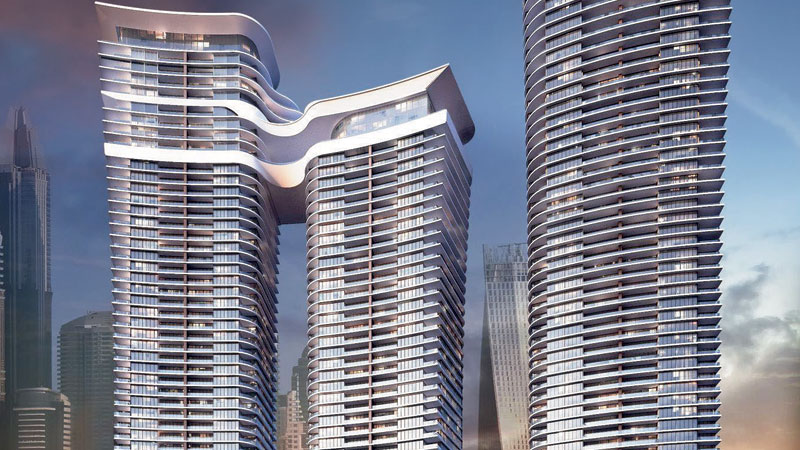
The Ultimate Guide to Renting vs. Buying Making the Right Choice for You
The Ultimate Guide to Renting vs. Buying Making the Right Choice... Read More
